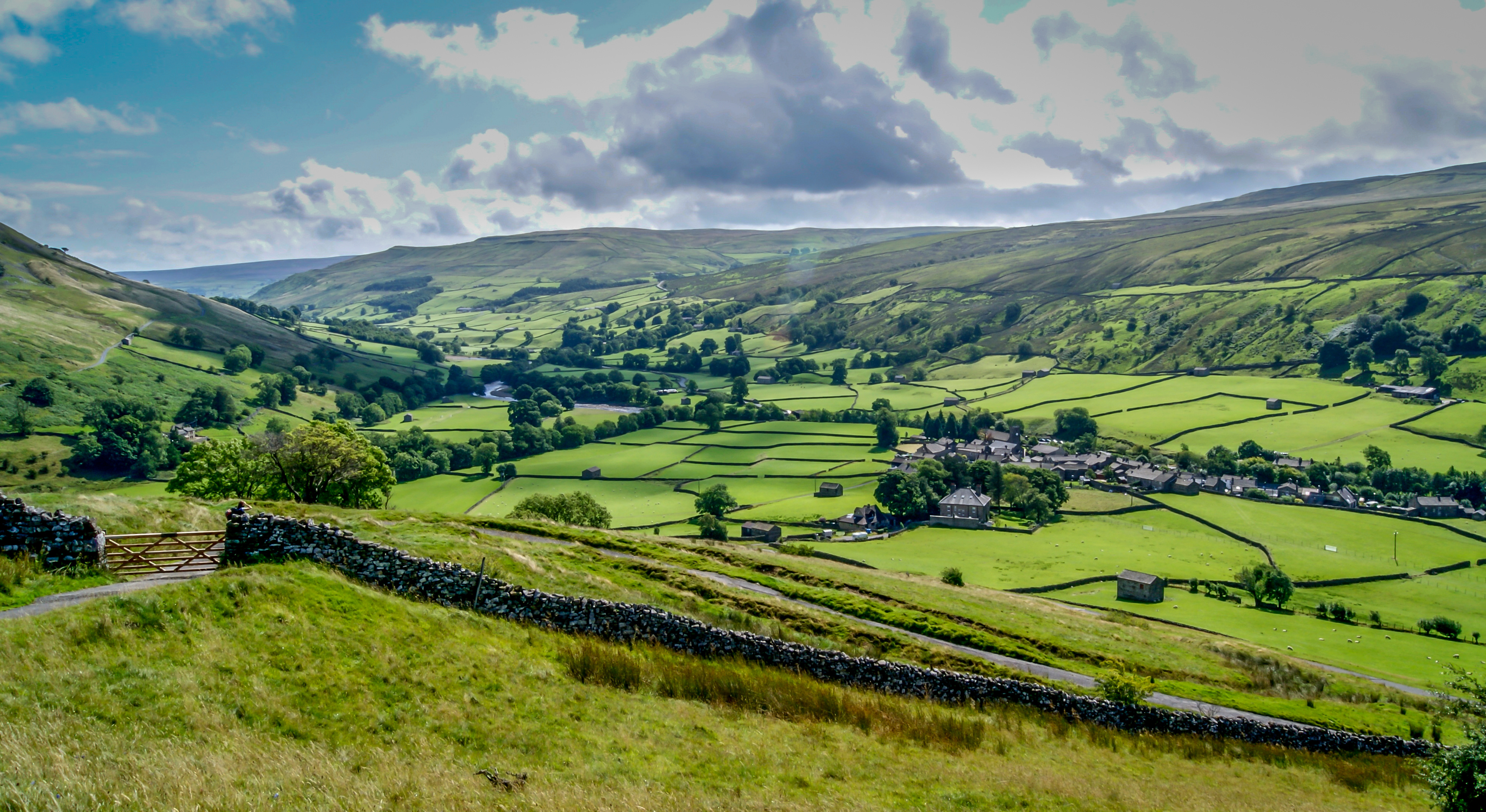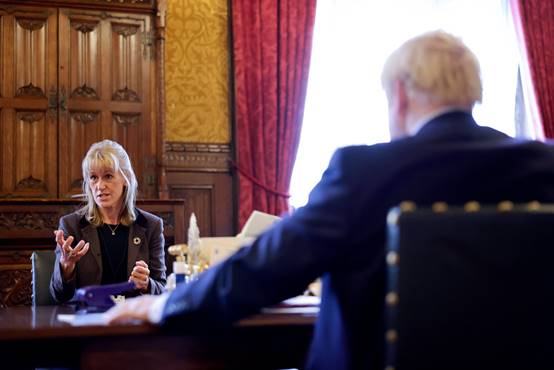



UK government must stand up for farmers as Australia and New Zealand trade negotiations progress, says NFU
As trade negotiations with Australia and New Zealand reach an advanced stage, farming organisations from across the UK have urged the government to remain committed to its negotiating objectives and stand up for UK farmers in all of its negotiations.
The UK Farming Roundtable, involving 19 farming bodies across a range of sectors and from all four nations of the UK, has agreed five principles that are of crucial importance to UK food and farming in the negotiations:
- Upholding our high standards of production and positioning the UK as a global leader in sustainable farming and in tackling climate change
- Recognizing the specific sensitivities of some UK farming sectors, such as beef and sheep, in the current negotiations
- Balancing improved access and lower tariffs for agricultural imports with quotas and other safeguards to avoid irreversible damage to UK farming
- Ensuring any trade deal is genuinely reciprocal and that the benefits properly reflect how valuable UK market access is for foreign exporters
- Acknowledging that these deals will establish precedents that will be reflected in all our trade deals
Following a meeting of the roundtable, NFU President Minette Batters said: “We know that agriculture is almost always the last chapter to be finalized in any trade deal and as these talks reach an advanced stage its important negotiators take on board the five detailed principles agreed today.
“The government’s repeated commitments to safeguard our own standards and to not undercut UK farmers through unfair competition are encouraging, and we support their ambition to liberalize trade. We know that if we’re to open up the opportunities of new markets overseas for UK farmers, we will have to offer greater access to our own markets in return.
“However, this trade-off needs to be balanced, and we need to make sure concessions to our hugely valuable home market are not given away lightly. There is a very real risk that, if we get it wrong, UK farming will suffer irreversible damage rather than flourish in the way we all desire, to the detriment of our environment, our food security and our rural communities.
“These deals should showcase our credentials as a global leader in animal welfare standards, environmental protection and taking action to tackle climate change. And they should reinforce a domestic environment in which UK farmers are empowered to rise to these challenges, leading the way in climate friendly, high-welfare farming.

“The British government faces a choice. It must recognize that opening up zero tariff trade on all imports of products such as beef and lamb means British farming, working to its current high standards, will struggle to compete.
“Does Government lower standards here, which it says it won’t and a million people who signed our petition don’t want to see, or will it watch family farms go out of business when they are unable to compete?
“At a time when government has placed huge importance on its aim of levelling up, this would fundamentally undermine any ambition to narrow the rural-urban divide or to ensure all parts of the UK are included in the government’s desire to build back in the months ahead.
“Negotiators must also be mindful of the cumulative impact of our free trade agreements, which the government has said will be concluded in a matter of weeks. They will be the first in a series of deals that will undoubtedly increase market access into the UK. The government must assess how the impact of these concessions combined across multiple trading partners will impact on domestic producers and the rural economy.
“As negotiations come down to the wire, we urge the government to work closely with the UK Farming Roundtable on these issues and engage with stakeholders to inform their approach to negotiations.”
TheCattleSite News Desk


